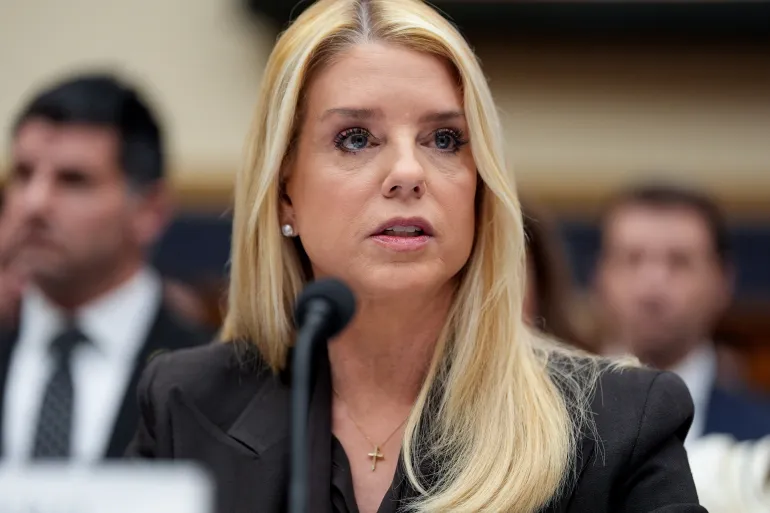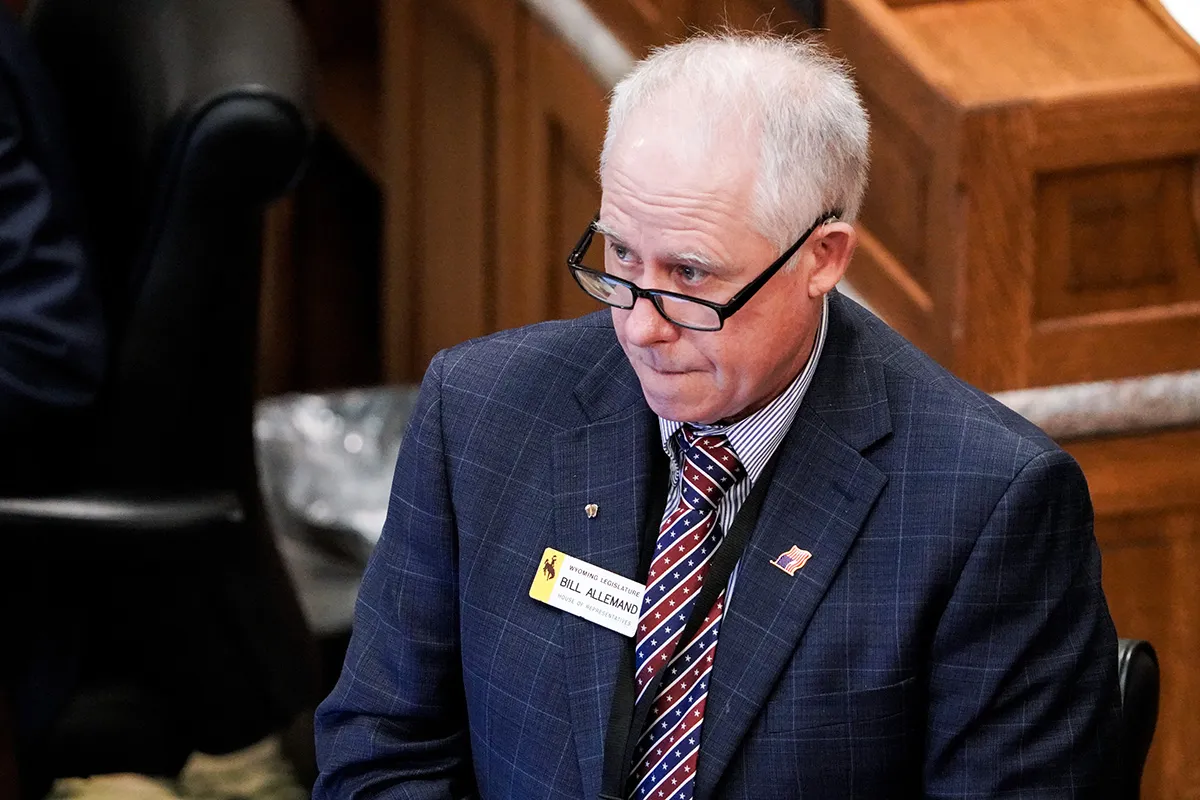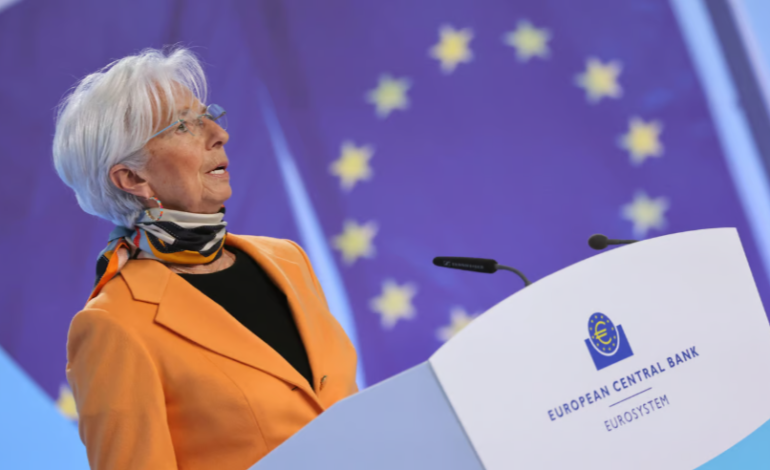The European Union must be prepared to respond to trade challenges, including the potential use of tariffs as a political tool, European Central Bank (ECB) President Christine Lagarde warned on Thursday.
Speaking before the European Parliament’s Economic and Monetary Affairs Committee, Lagarde highlighted the risks posed by U.S. trade policies, emphasizing the need for Europe to remain resilient.
“The strategy of others to consolidate, weaken, strengthen, repatriate manufacturing, use tariffs as a weapon, blackmail … should reinforce our determination to be strong,” Lagarde stated.
Her comments come as EU leaders gather in Brussels to discuss their response to possible US tariffs on European goods. The ECB estimates that unilateral US tariffs could reduce eurozone growth by 0.3 percentage points in the first year, with the impact potentially rising to 0.5 percentage points if the EU responds with retaliatory measures. Inflation could increase by 0.5 percentage points as well.
Despite the risks, Lagarde noted that the EU could mitigate economic losses by deepening trade relationships with other global partners.
“Closer integration with the rest of the world, excluding the US, could more than offset losses from unilateral tariffs, including retaliation,” she explained.
Lagarde also addressed market speculation about a potential currency devaluation strategy, sometimes referred to as the “Mar-a-Lago accord.” While the concept suggests that the US could work with allies to weaken the dollar to boost exports, she dismissed it as a “speculative unidentified arrangement” lacking any official backing.
Amid these uncertainties, the ECB remains cautious about future monetary policy decisions.
“Especially in current conditions of rising uncertainty, we will follow a data-dependent and meeting-by-meeting approach to determining the appropriate monetary-policy stance,” Lagarde said. “We are not pre-committing to a particular rate path.”
With inflation slowing, the ECB recently cut interest rates to 2.5%, but further reductions will depend on evolving economic conditions. Trade tensions, geopolitical uncertainty in Ukraine, and increased European defense spending add complexity to the central bank’s outlook.
Investors remain uncertain about the timing of future rate cuts, though many expect at least two more reductions by the end of the year. Meanwhile, data from Eurostat showed that inflation in February was slightly lower than expected, at 2.3%.
“Markets are watching whether fiscal measures can offset the impact of potential US tariffs on the eurozone economy,” Lagarde noted.
Politico, the Wall Street Journal, and Bloomberg contributed to this report.










The latest news in your social feeds
Subscribe to our social media platforms to stay tuned